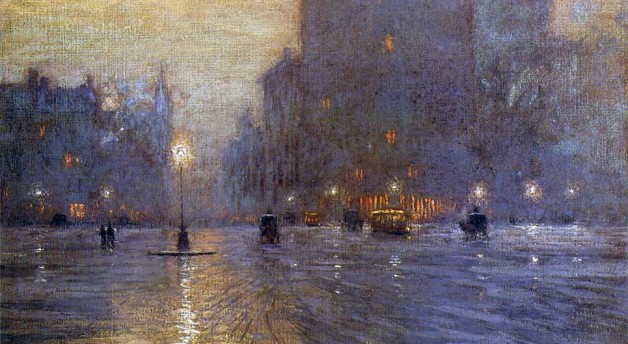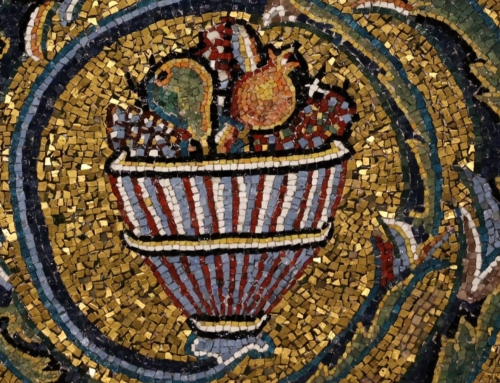“Be at peace.” I was trying to discern my vocation, and that’s what the priest told me: “Be at peace.”
How frustrating it can be to hear those words. When a million worries are running through our heads, the idea of not worrying seems both illogical and impossible. “Great,” we say to ourselves, “now I’m worried about not worrying.”
The difficulty of cultivating peace extends far beyond vocational discernment. It applies to everyone—to those who have checklists that never stop growing, to those who have children who never stop questioning, to those who wonder why God is permitting x, y, or z to occur at all, much less simultaneously. Yes, how nice it would be to be at peace, yet how hopeless the prospect often seems.
On the other hand, Jesus, who said to his Apostles, “Peace be with you” (Jn 20:19), exhorts us not to worry (Mt 6:34) and assures us that “nothing is impossible for God” (Mt 19:26). Moreover, most of us have had the privilege of knowing people who seem truly, profoundly peaceful. So what’s the trick? How can we cultivate peace without becoming like those fakes in the Book of Jeremiah: “They have healed the wound of my people lightly, saying, ‘Peace, peace,’ when there is no peace” (6:14)?
Perhaps a good first step is to ask, “What is peace?” or, less ambitiously, “What is peace like?” Nearly everyone would agree, for example, that watching a sunset over the calm waters of a lake is peaceful. The beauty of nature puts our minds at ease. Our worries seem to vanish, and our burdens are momentarily lifted from our shoulders. “Lightness” seems an appropriate word to describe this feeling.
Where else do we find this notion of lightness? Certainly, it is present in a classic love story; it’s operative, literally, in the stories of the saints levitating; and it’s definitely there in the Assumption of the Blessed Virgin Mary.
“Heaviness,” by contrast, is a word for worry. It’s the feeling we get when that checklist keeps growing, or when we are angry with a coworker. The most extreme example of heaviness would be, well, hell. Interestingly, Dante’s depiction of the lowest region of hell is very different from what we might imagine. Instead of being hot, it’s cold. In fact, Lucifer is stuck, from his waist down, in a frozen lake. He can flap his wings as much as he wants, but he’s not going anywhere. Is that not the epitome of heaviness—to be so heavy that one is not even able to move?
What accounts for the difference between “light” and “heavy”? What makes Mary rise and Lucifer sink? What is the secret of peaceful people? Ultimately, I think it’s that they are concerned, not with themselves, but with another. The young couple, for example, are ecstatic (literally, “stand outside” themselves) because they cannot stop thinking about each other. Similarly, the saints are consumed with a passion for God. Satan, on the other hand, is not consumed with anyone but himself.
Peace, then, is about being drawn out of one’s self toward another, and, if our peace is to last, that other must be God. As St. Paul says, Christ is our peace (Eph 2:14). That, it seems, is what the priest was implying when he advised me to “be at peace.” Yes, we all have our worries and concerns, and some are legitimate; but we must not be consumed by them. Instead, let us fix our eyes intently on Christ, knowing that he has conquered all.
✠
Image: Lowell Birge Harrison, Madison Square







